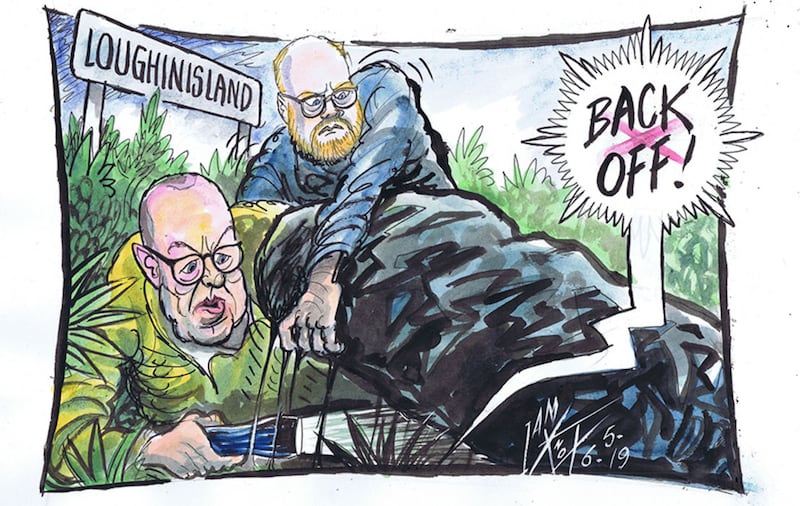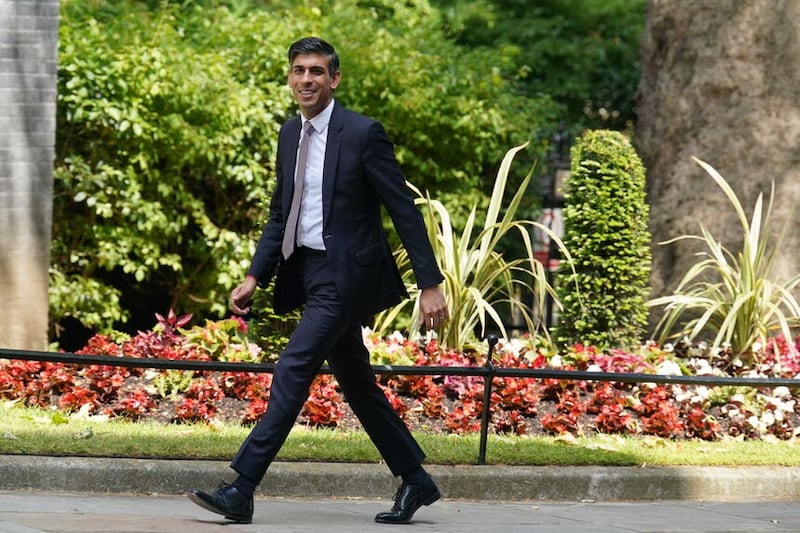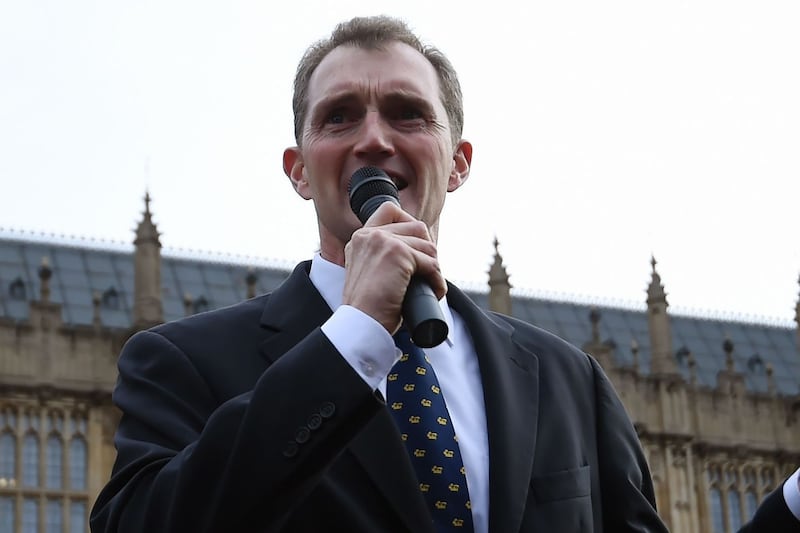MONDAY was a momentous day, as the PSNI dropped the case against journalists Trevor Birney and Barry McCaffrey.
The case was chilling. Had it succeeded it would have blighted investigative journalism across the UK.
The ‘crime’ that Trevor and Barry were accused of was one which almost every investigative reporter in the Western world is guilty of, namely receiving leaked documents from an anonymous source.
For the past few years the journalists have worked on No Stone Unturned, a landmark documentary into the killing of six men 25 years ago when two members of the Ulster Volunteer Force burst into a Loughinisland pub and opened fire on patrons.
Read More
- Séamus Dooley: Outcome of journalists' case a chink of light in the darkness
- Analysis: Public interest journalism deserves protection
The pub was packed with people watching the Republic of Ireland beat Italy in the 1994 World Cup. Six innocent people died and five more were injured.
The United Kingdom prides itself on the freedom of the press, under which we protect journalists and whistleblowers who reveal information in the public interest.
Surely, no-one can argue that revealing the truth behind the Loughinisland massacre is not in the public interest? Particularly since the Police Ombudsman had said that some members of the police force were guilty of ‘collusion’. The PSNI took the opposite view.

On a quiet August morning last year, both Barry and Trevor were arrested, with armed officers swarming their homes as they were hauled away in full view of their terrified relatives.
Barry and Trevor’s homes and places of work were ransacked. The PSNI indiscriminately seized documents and materials unrelated to Loughinisland. The Lord Chief Justice was pretty scathing as he dealt with the police case.
Last week the High Court in Belfast quashed the search warrants used to carry out the searches. On Friday it was decided all material seized should be immediately returned.
Read More
- Loughinisland suspect Ronnie Hawthorn said he was 'stressed' after film claims
- PSNI and Durham chief constables 'must apologise' over documentary arrests
The verdict in this case represents a huge victory, not only for the journalists involved, but also for press freedom - the most fundamental cornerstone of modern-day society.
A truly free press must be able to expose uncomfortable truths and that includes being a nuisance to the establishment. Journalists must be free to investigate, probe and expose issues of public concern without fear or favour.
This is precisely what No Stone Unturned sought to do and it is presumably why the police were so keen to silence those behind the documentary. Journalists must never be subject to illicit arrest.
But protecting press freedom is not just about protecting journalists. It is also about protecting their sources. Our public debate would be much worse off if people are unable to freely speak to the press, safe in the knowledge they will not become a police target.
The proper end to this sorry situation would be for the PSNI to fully reopen the Loughinisland case.
The unavoidable conclusion of No Stone Unturned is that there was a large quantity of clear evidence available at the time and the identities of the murderers are widely known.
It is difficult to believe that a viable case could not now be brought to court, and give justice and closure to the people of Loughinisland.








